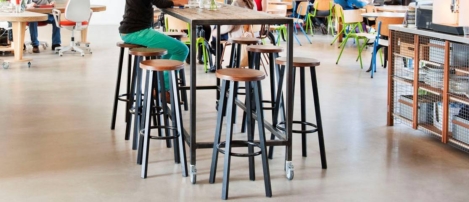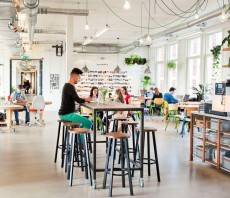November 10, 2015
Employers have dodged UK recruitment crisis threat, claims CIPD 0
 Salaries are not likely to increase much next year, and despite predictions of a recruitment shortage, vacancies are still relatively easy to fill, the latest Labour Market Outlook from the CIPD claims. The quarterly survey of more than 1,000 employers shows that across all sectors just fifteen percent of current job vacancies are proving difficult to fill. It also reveals that, outside a limited number of industries, UK employers continue to be able to recruit the workers they need without significantly hiking wages and that median basic pay rises of just 2 percent are predicted by employers in the 12 months to September 2016. The research suggests that in general, most businesses are seeing a steady flow of suitable candidates, despite unemployment falling to a seven-year low in October and despite a slight year on year increase (44 percent – 49 percent) in the number of employers reporting any hard to fill vacancies.
Salaries are not likely to increase much next year, and despite predictions of a recruitment shortage, vacancies are still relatively easy to fill, the latest Labour Market Outlook from the CIPD claims. The quarterly survey of more than 1,000 employers shows that across all sectors just fifteen percent of current job vacancies are proving difficult to fill. It also reveals that, outside a limited number of industries, UK employers continue to be able to recruit the workers they need without significantly hiking wages and that median basic pay rises of just 2 percent are predicted by employers in the 12 months to September 2016. The research suggests that in general, most businesses are seeing a steady flow of suitable candidates, despite unemployment falling to a seven-year low in October and despite a slight year on year increase (44 percent – 49 percent) in the number of employers reporting any hard to fill vacancies.





































